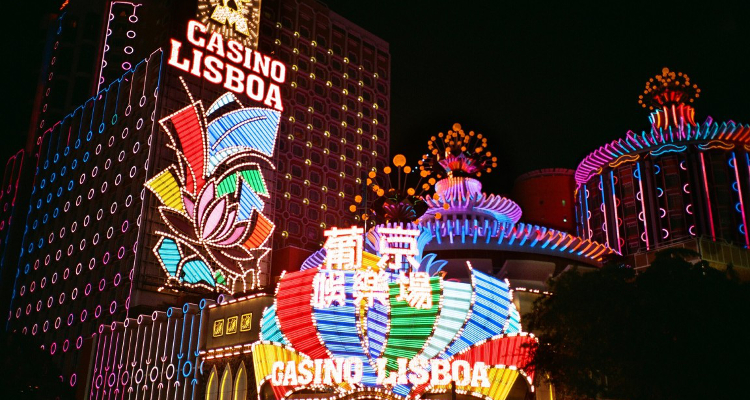The government of Macau has revealed that it only intends to present general guidelines for the development of the enclave’s non-gaming tourist industry and let operators decide for themselves exactly what projects to pursue based on market conditions.
According to a report from the Macau Business Daily newspaper, the revelation was made by Paulo Martins Chan, Director for the Gaming Inspection And Co-Ordination Bureau (DICJ), on Saturday at a special forum organized by the Macau Responsible Gaming Association.
Chan declared that non-gaming elements could help to attract mass-market gaming clients and stated that any such future developments should be market-oriented in order to create a synergy with their more gaming-focused counterparts. He also explained that while the government intends to supervise and guard against unhealthy competition or irregular market behaviors, it did not expect to intervene on a regular basis although such projects would be a factor in the future allocation of table games.
He added the government would be “happy” so long as future non-gaming projects helped Macau to become a world tourist and leisure hub and, as such, it intends to permit operators to select what projects to construct.
Although acknowledging that the government’s stance was reasonable, Koo Leung Chee, Administration Manager for Sociedade De Jogos De Macau, which owns eight casinos in the former Portuguese enclave including the iconic Casino Lisboa, pointed out that some policies could be made clearer in order to help gaming operators better develop their non-gaming elements.
“One of the challenges to developing non-gaming elements is human resources,” said Chee. “Human resources are a problem. No matter the operator’s casino business; tourism, hospitality or food and beverage, they are labor-concentrated industries. Despite the developing technology in the gaming industry substituting some demand in terms of human resources, the hotel and transportation areas still need large quantities of human resources as in other areas as well.”
In order to avoid unnecessary competition, Chee stated that gaming operators needed to consider their own characteristics before developing their non-gaming elements accordingly.
“In a place where human resources are very limited, for gaming operators to comply with the region’s or the country’s policy to develop, the government could have provided better guidelines, especially clearer policies,” said Chee.
The event moreover saw Davis Fong Ka Chio, Director for the Institute For The Study Of Macau Commercial Gaming, point out that the development of non-gaming facilities has become a trend in the city since 2007. He explained that six operators have so far started or completed large-scale non-gaming services although some are seen solely as a complementary offering for gamblers while others are for public use.
Chio proclaimed that gaming operators should find their own positioning in terms of developing non-gaming elements so that both can work together in order to maximize revenues. He added that there is still a long way to go if Macau gaming operators are to match a government target of getting 9% of their revenues from non-gaming activities by 2020 but he maintained that factors such as a recent back-flow of mass-market players represented a bright future.
“In previous years, compared to neighboring regions, only Macau has the capacity and has made such a big investment, which accumulatively adds up to more than $37.5 billion,” said Chio. “I believe in the past ten years, nowhere in Asia could have matched what Macau could offer in this aspect. However, fighting the competition is like rafting against the current. You either progress or you will be pushed away. Many new projects have established a foothold in Macau but the other regions have never stopped trying to catch up with Macau. In this dynamic [and] ever-changing situation, we have to be constantly paying attention.”



